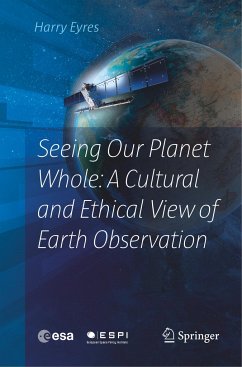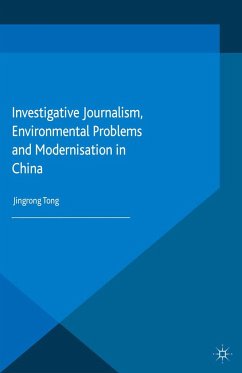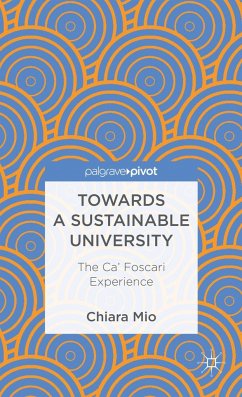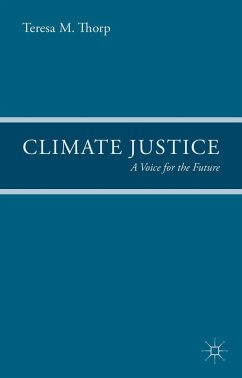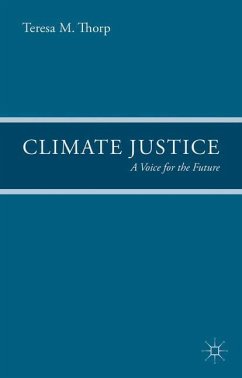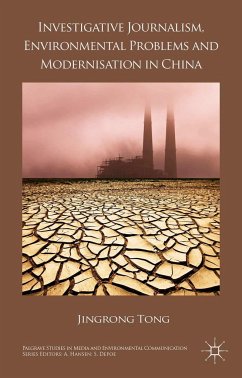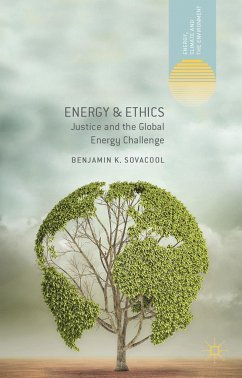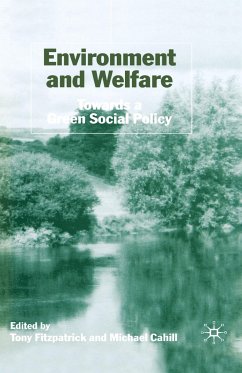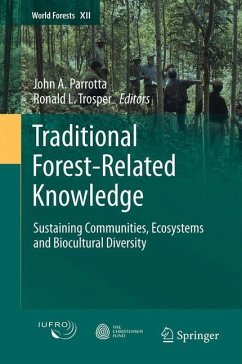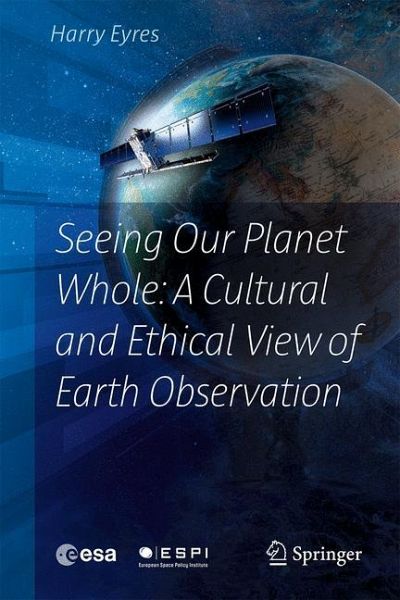
Seeing Our Planet Whole: A Cultural and Ethical View of Earth Observation
Versandkostenfrei!
Versandfertig in 6-10 Tagen
25,99 €
inkl. MwSt.
Weitere Ausgaben:

PAYBACK Punkte
13 °P sammeln!
This book shows how our new-found ability to observe the Earth from "the necessary distance" has wide and profound cultural and ethical implications. First of all, it is the outcome of speculations and investigations of human beings in relation to their home planet carried out over millennia. In particular, it reveals a split between the ancient idea of the Earth as nurturing mother and the more recent conception of the Earth as a neutral resource able to be infinitely exploited by humankind. The 1968 Earthrise photograph, showing the beauty and fragility of the Earth, helped spark a worldwide...
This book shows how our new-found ability to observe the Earth from "the necessary distance" has wide and profound cultural and ethical implications. First of all, it is the outcome of speculations and investigations of human beings in relation to their home planet carried out over millennia. In particular, it reveals a split between the ancient idea of the Earth as nurturing mother and the more recent conception of the Earth as a neutral resource able to be infinitely exploited by humankind. The 1968 Earthrise photograph, showing the beauty and fragility of the Earth, helped spark a worldwide environmental movement; now the comprehensive coverage of global change provided by satellites has the potential to convince us beyond reasonable doubt of the huge alterations being wrought upon the Earth and its climate system as a result of human actions, and of the need to act more responsibly.



